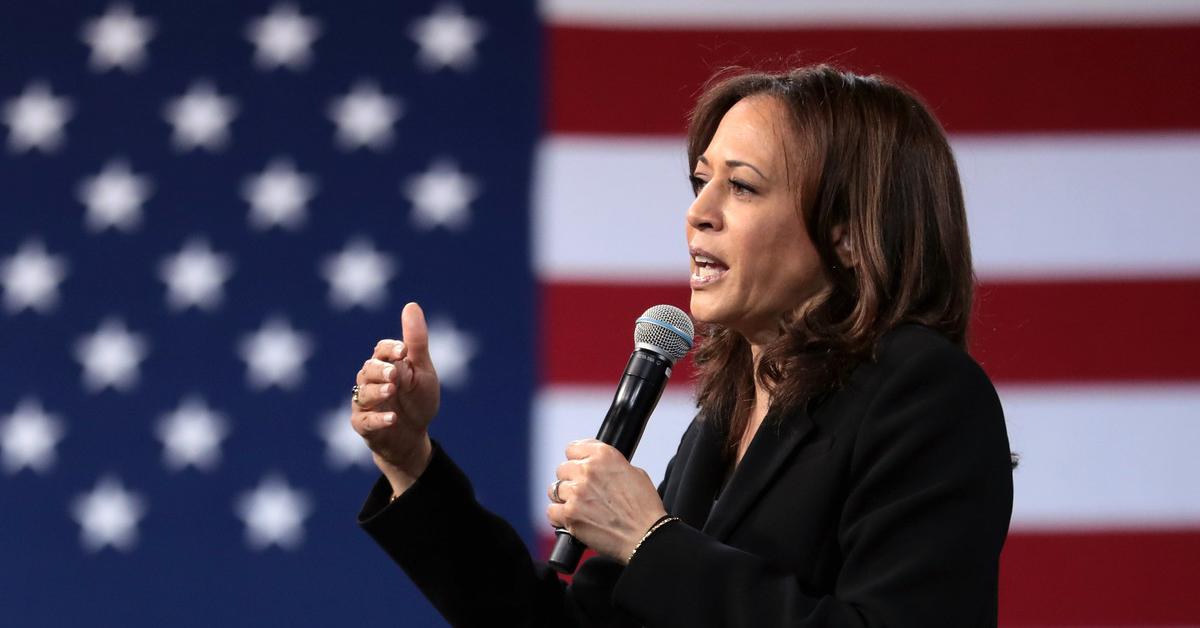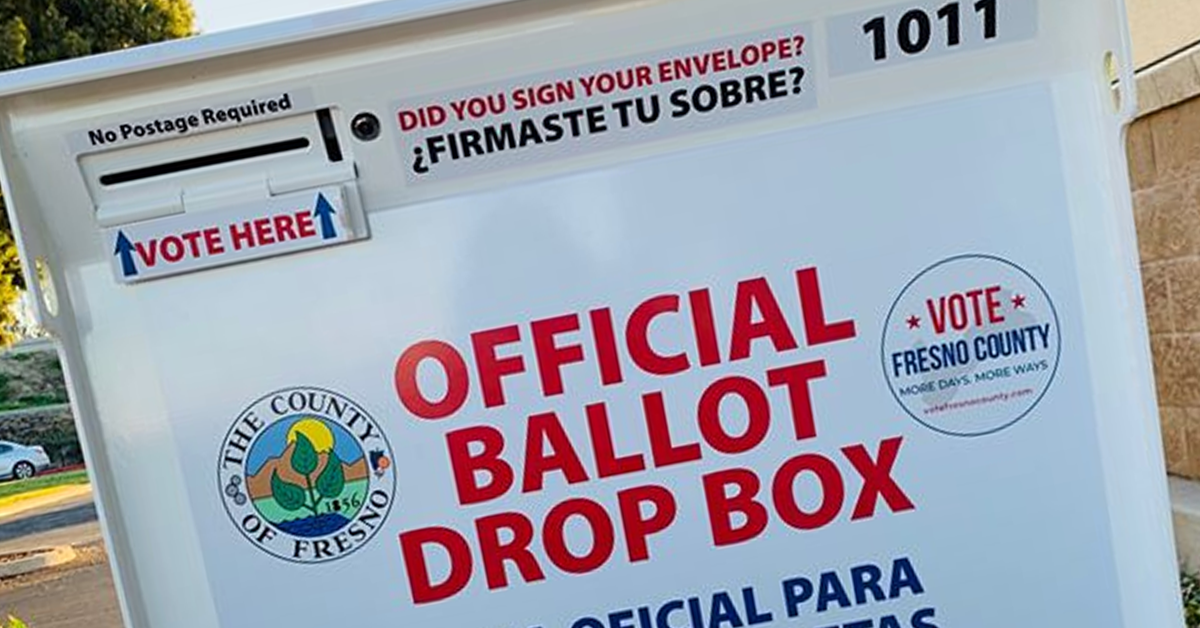At the beginning of September, Fresno Mayor Jerry Dyer kickstarted an opposition campaign to a proposed increase in rates for Pacific Gas & Electric customers.
Initially, it looked like Dyer was set to launch a movement pressing San Joaquin Valley communities to band together in resistance.
Instead, it appears that Dyer awoke the sleeping giant that is California’s largest utility.
The battle emerged when PG&E made a request in June to the California Public Utilities Commission in June to increase rates by a 19 percent average from 2023-2026. Residential customers would bear the brunt of the costs with an estimated 22 percent increase.
The City of Fresno and Fresno County passed resolutions calling on the CPUC to reject the rate increases and institute a rate freeze until the utility implemented reforms, such as cost cutting and spending control measures.
Shortly thereafter, both Kings County and Madera County were set to join the Fresno governments and call on the CPUC to reject the raise.
Ultimately, they set the issue aside, opting for a retreat that owes considerable deference to the complicated realities of California’s energy market.
At the top of the heap: the fact that San Joaquin Valley municipalities are comparatively untouched by rate changes as the beneficiaries of sizable rate adjustments for low-income residents.
The latest domino in the fight was set into place two weeks ago when the Merced City Council, following Fresno’s lead, primed its support for a similar resolution opposing the PG&E proposal.
The council unanimously voted to place the resolution on Monday’s consent agenda with the intent to approve it.
Instead of moving ahead with the resolution, the council decided to punt its opposition to the Nov. 15 meeting, to allow city officials more time to confer with the utility.
Mayor Matthew Serratto said PG&E reached out with a desire to discuss its position and address Merced’s concerns.
Merced city leaders will participate in a regional meeting with PG&E Valley mayors and other elected officials on Nov. 8.
Public provides input for American Rescue Plan spending
Housing programs and public safety top the wish list for Merced residents, according to a survey regarding the use of funds from the $1.9 trillion American Rescue Plan Act of 2021 (ARPA).
The Merced City Council received the results of the survey on Monday, which detailed questions and concerns about the COVID-19 pandemic as well as how the residents would like the city to spend its $27.4 million allocation from ARPA.
Over 3,000 people responded to the survey, which was largely advertised over mass text messages.
When asked what the top three issues that Merced should address with ARPA funds, residents highlighted housing programs and public safety as the top two priorities.
Hazard pay for essential workers received the third-most votes, while residents also pointed to community beautification as one of the top priorities for Merced.
When asked what their biggest challenges are in recovering from the pandemic, the largest response from residents was their fear of illness and being around others. Around 700 people responded with that answer.
About 450 people responded with emotional isolation as their greatest challenge, while concerns about reduced income from the pandemic was next up with about 400 people.
Incurring new debt was the only other response to receive a significant number of answers, with over 300 people saying that was their biggest challenge.
The city council will hold public hearings on Nov. 1 and Dec. 6 before developing a plan for utilizing the funds.
Council waits to take action on water shutoff moratorium
With certain uncertainties facing financial relief for unpaid water bills, the Merced City Council decided to hold off until at least December from making any decisions regarding the reinstatement of water shutoffs.
The council received a staff report Monday detailing the city’s water bill delinquency situation.
California Gov. Gavin Newsom issued an executive order near the start of the COVID-19 pandemic in April 2020 which suspended all residential water shutoffs for unpaid bills.
In June, Newsom issued another executive order which set the end date for the shutoff moratorium at Sep. 30.
Before the coronavirus rules took effect, Merced experienced bill payment delinquency at less than a one percent rate.
That number rose to 18 percent by September, which totaled over $930,000 in unpaid bills since the moratorium began.
With Newsom’s initial executive order expired, Merced now has the ability to once again shut off water for residents who do not pay their bills. But the city will have to wait until at least December to start the process to recoup any of that money.
City staff is awaiting the creation of a new program from the State Water Resources Board that would provide financial relief for unpaid water bills from March 4, 2020, to June 15, 2021.
Since the city has to apply for the funds, staff will likely not know until December if Merced has been approved by the board for the funds, leading the council to postpone any decisions until that funding has been determined.











